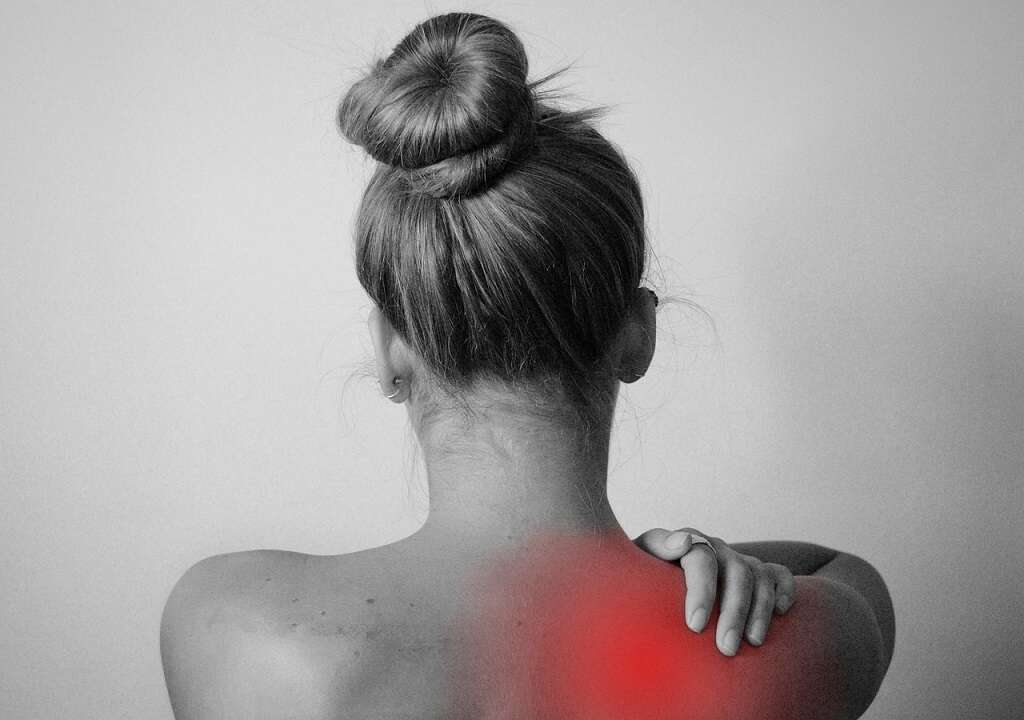10 Biliary Colic Symptoms
 Article Sources
Article Sources
- 1. Sigmon, David F., et al. 'Biliary Colic - StatPearls - NCBI Bookshelf.' National Center for Biotechnology Information, 20 Nov. 2020, www.ncbi.nlm.nih.gov/books/NBK430772/
- 2. 'Gallstones Symptoms and Treatment.' NHS Inform - Scottish Health Information You Can Trust | NHS Inform, www.nhsinform.scot/illnesses-and-conditions/stomach-liver-and-gastrointestinal-tract/gallstones
- 3. 'Referred Shoulder Pain.' University of Michigan | Michigan Medicine, www.uofmhealth.org/health-library/aa58029
- 4. 'Diagnosing Biliary Colic and Acute Cholecystitis.' AAFP American Academy of Family Physicians, 15 Sept. 2000, www.aafp.org/afp/2000/0915/p1386.html
- 5. 'Nausea: a Review of Pathophysiology and Therapeutics.' PubMed Central (PMC), www.ncbi.nlm.nih.gov/pmc/articles/PMC4699282/
- 6. 'Biliary Colic and Complications from Gallstones.' Best Practice Advocacy Centre New Zealand, bpac.org.nz/bpj/2014/june/gallstones.aspx
Shoulder Pain
Pain caused by biliary colic can spread upward into the right shoulder. When shoulder pain is present, it typically occurs along with pain in the abdomen. The pain is usually constant and isn't relieved or worsened by moving the shoulder.
Shoulder pain as a biliary colic symptom is known as referred pain. This means that pain occurs in a place other than the original source of the medical issue. It's commonly the result of irritation of the phrenic nerve.3‘Referred Shoulder Pain.’ University of Michigan | Michigan Medicine, www.uofmhealth.org/health-library/aa58029
Advertisement











